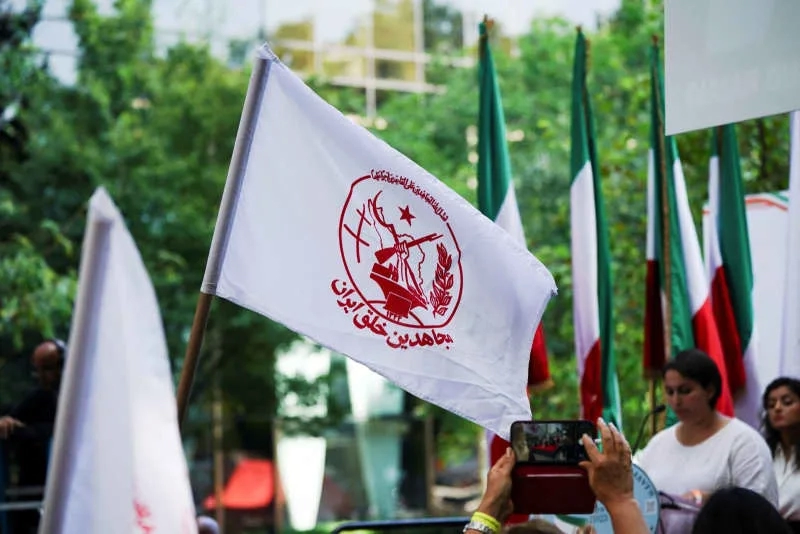In a move drawing sharp international criticism, Iran has executed two members of the banned Mujahideen-e-Khalq (MEK) group, citing attacks on civilian infrastructure using improvised projectiles. The judiciary’s official news agency, Mizan, confirmed on Sunday that Mehdi Hassani and Behrouz Ehsani-Eslamloo were put to death following their 2024 conviction on charges of “moharebeh” (waging war against God), property destruction, and terrorist group affiliation.
Iranian authorities accused the two men of coordinating with MEK leaders to construct and launch homemade mortars targeting homes, public service facilities, and charity centers—acts they claimed endangered civilians and national stability.
The executions have sparked strong condemnation from Amnesty International, which labelled the trial as “grossly unfair.” The human rights organization alleges that the defendants were denied legal counsel during interrogations and were subjected to torture and solitary confinement to extract forced confessions.
Despite the international outcry, Iran’s Supreme Court upheld the original verdict and denied a retrial. Maryam Rajavi, the exiled leader of the National Council of Resistance of Iran, hailed the executed men as heroes who upheld their “pledge to God and the people” despite enduring years of imprisonment and torture.
This case comes amid a broader rise in capital punishment within Iran. According to the United Nations, at least 901 people were executed in the country in 2024—the highest number since 2015.
The MEK, once a militant leftist-Islamist group involved in attacks against the Shah’s regime and U.S. interests in the 1970s, has long opposed the Islamic Republic from exile, primarily in Paris. Though previously designated as a terrorist organization by both the U.S. and the EU, the group was removed from those lists in 2012.
The case underscores growing concerns over Iran’s use of the death penalty and its judicial processes, especially in politically sensitive trials.





